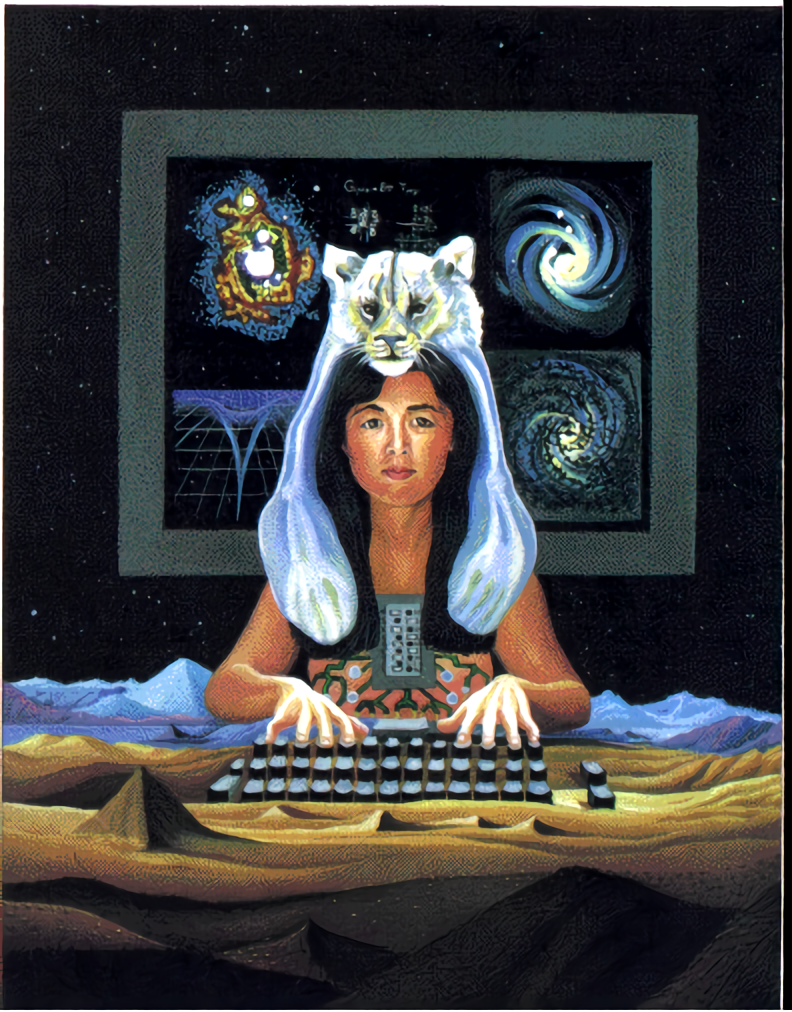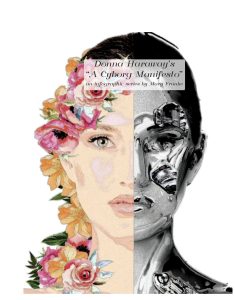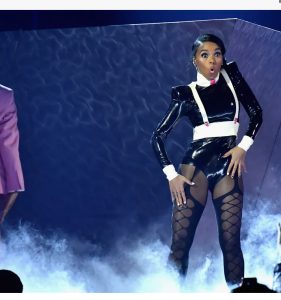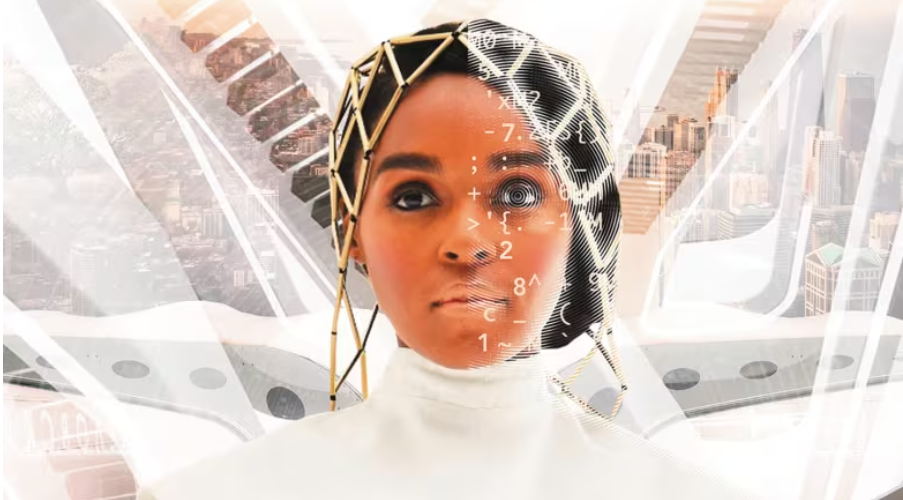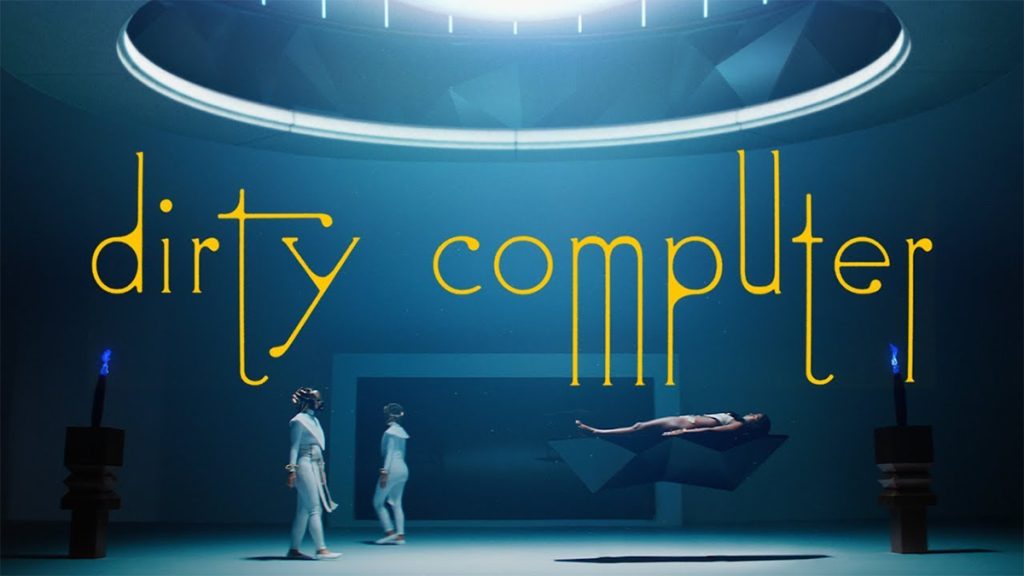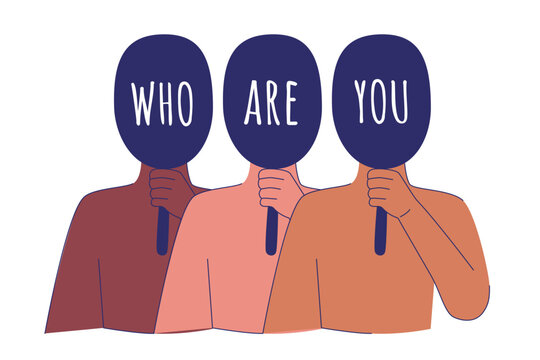In Donna Harays 1985 Manifesto, she envisions a post-gender world, where identity embraces fluidity and hybrid, it also crosses traditional boundaries. There concepts are explored in Janelle Monae 2018 album, Dirty Computer, which explores themes of identity, oppression, and emancipation in a dystopian setting.
Janelle reflects Haraways concept of fluid identity through her multi-faced personas. She embraces diversity and self expression in her songs, as well as in her album covers. Diversity, self-expression, and fluidity all surface in her music Django Jane and Pynk both defies strict identification boundaries. Aligning with Haraways vision of moving beyond fixed gender roles and embracing a more complex sense of themselves.
Technology is portrayed in Dirty Computer as a source of monitoring and empowerment. This supports Haraways idea that integrating technology could undermine repressive societal systems, by saying that adopting it can strengthen individuals and communities. Dirty Computer also tackles the persecution of nonconforming people, echoing Haraways criticism of conventional wisdom. In Janelles album the song Take a Byte criticizes the monitoring on disadvantaged identities, it shows a world in which people who do not fit in, are oppressed.
The album highlights the value of intersectionality and community. By highlighting the struggles of race, gender, sexuality Janelle promotes a sense of solidarity. Even knowing the artist outside of just this album she has always been an advocate for sexuality, gender, and more. She advocates for a free world from persecution for fluid identities by exploring and embodying Haraways concepts.
#BP03
